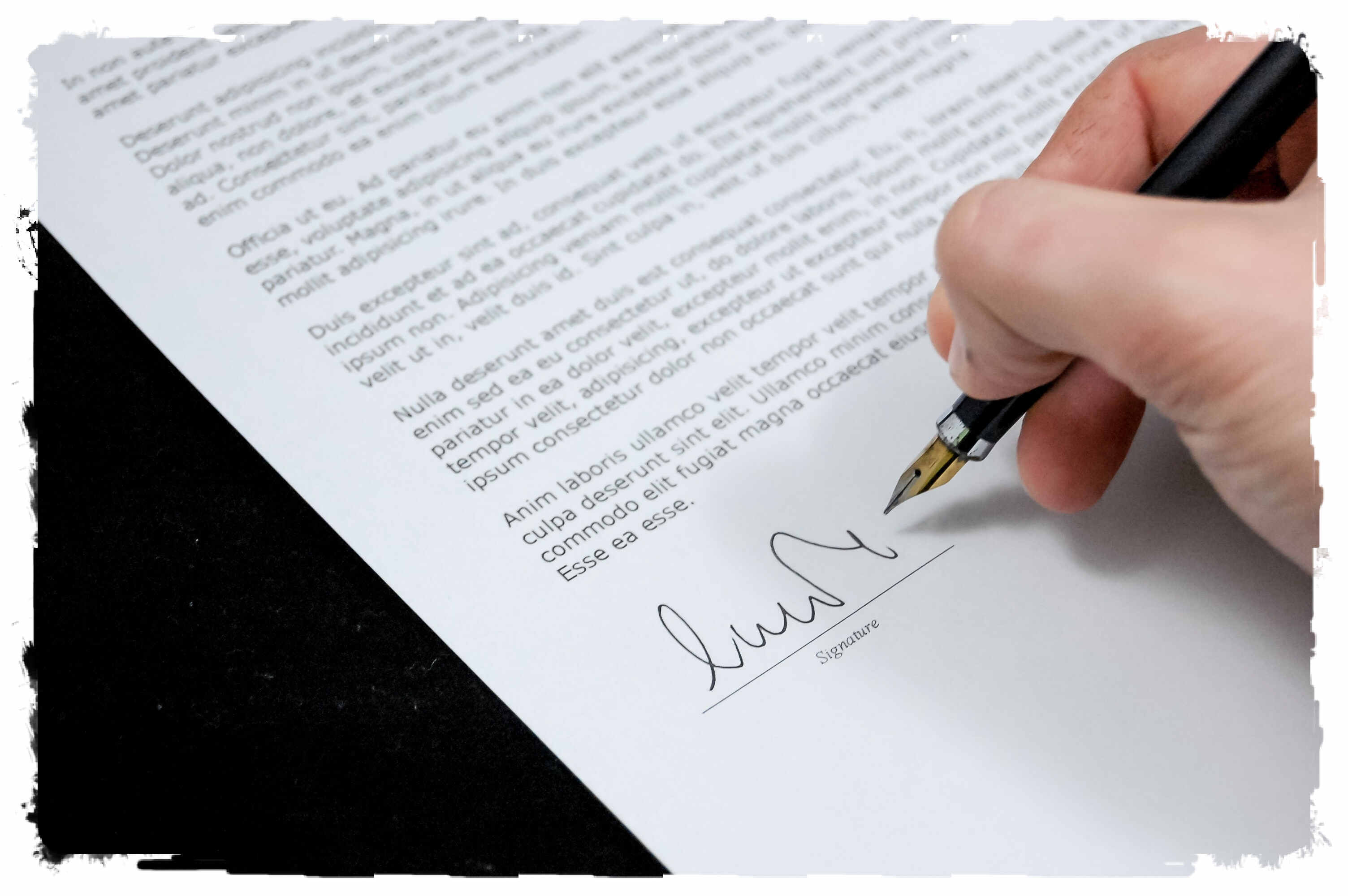A Step-by-Step Guide to Crafting an Outstanding ERAS Application for Emergency Medicine
_
Applying for a residency program through the Electronic Residency Application Service (ERAS) is a critical step towards a career in emergency medicine. A well-prepared ERAS application can significantly enhance your chances of securing a spot in an emergency medicine program, perhaps even at a coveted program. In this blog post, we’ll provide you with a step-by-step guide on how to best prepare your ERAS application for emergency medicine, ensuring that you present yourself as a competitive and highly qualified candidate.
Research and Self-Assessment:
Before diving into the application process, take the time to thoroughly research emergency medicine programs. Consider factors such as location, curriculum, faculty, and any specific areas of interest within the specialty. Conducting this research will help you align your goals and preferences with the programs you choose to apply to.

Perform a comprehensive self-assessment to identify your strengths, experiences, and accomplishments.
Perform a comprehensive self-assessment to identify your strengths, experiences, and accomplishments. Evaluate your academic performance, clinical rotations, research experiences, leadership roles, and any unique attributes that distinguish you as a candidate. Understanding your own profile will help you tailor your application to highlight your most compelling attributes.
Personal Statement:
Crafting a compelling personal statement is vital in conveying your passion for emergency medicine and demonstrating why you are an ideal candidate. Start by outlining your motivations, experiences, and long-term goals within the specialty. Reflect on specific patient encounters or personal experiences that solidified your interest in emergency medicine.
Use storytelling techniques to engage the reader and showcase your unique qualities. Be concise, articulate, and genuine in your writing. Seek feedback from multiple mentors, advisors, or current residents to refine your draft and ensure it effectively captures your enthusiasm and commitment to emergency medicine.
Letters of Recommendation:
Secure bold letters of recommendation from faculty members, attendings, and other individuals who have worked closely with you and can provide insight into your clinical abilities, work ethic, and personal attributes. Ideally, these letters should come from emergency medicine physicians or faculty who can attest to your proficiency and potential in the field. Make sure to ask for letters well in advance to allow sufficient time for the writers to craft thoughtful and detailed recommendations. Additionally, be sure to ask for a “strong” letter of recommendation when broaching the subject with those individuals.

Ideally, these Letters should come from Emergency Medicine physicians or faculty who can attest to your proficiency and potential in the field.
Secondly, there are group Standard Letters of Evaluation (SLOEs)…and then there is everything else. It is unlikely that anything else will be weighted as heavily as a group SLOE from an Emergency Medicine residency based rotation when it comes to your residency application. Make sure you crush your emergency medicine rotation, as your SLOEs will be a heavily scrutinized portion of your application.
Curriculum Vitae (CV):
Your CV should present a comprehensive overview of your educational background, clinical experiences, research activities, leadership roles, and publications, if applicable. With regards to these things, ensure that you add the appropriate details that help to qualify the the contribution made at that time. For example, the number of hours volunteered, people taught, and daily responsibilities can all help to increase the reviewer’s understanding of the impact that you had at that time. Do this for all of the items on your CV, so that one given item does not detract from the others. Tailor your CV to highlight experiences that are most relevant to emergency medicine. Be organized, concise, and provide clear descriptions of your responsibilities and accomplishments. Proofread your CV meticulously to ensure accuracy and consistency.
Consider using the following resources from EMRA or CORD.
ERAS Application:
Completing the ERAS application requires attention to detail and thoroughness. Provide accurate information regarding your personal details, educational background, USMLE scores, work experiences, and any research or publications. Pay close attention to each section’s instructions and adhere to the designated character limits.
Ensure that you complete the “MyERAS Application” section, which includes demographic information, photograph, personal statement, and program selection. Review and double-check all information before submitting to avoid any errors or omissions.
Interviews:
Once you’ve submitted your ERAS application, be prepared for potential interview invitations. Review your personal statement, CV, and experiences to refresh your memory and be ready to discuss them in-depth during interviews. Research the programs you receive interviews from and prepare thoughtful questions to ask the interviewers. Practice mock interviews with peers or mentors to refine your communication skills and confidence.

Once you start receiving Interviews, be sure that you don’t “over-interview.” We recommend 12-14 well-selected interviews.
Once you start receiving interviews, be sure that you don’t over-interview. We recommend 12-14 well-selected interviews. In our experience, you run the risk of being less engaged and/or excited when talking to those later programs and, unfortunately, it does come across in your interview. Unfortunately, at that point, it is a waste of time not only for the applicant, but also for the program. Be intentional and professional when selecting your interviews. Do not cancel interviews last minute and abide by the program’s guidance.
Conclusion:
Crafting a strong ERAS application for emergency medicine requires meticulous preparation and a thorough understanding of the specialty. By conducting research, emphasizing your strengths, and presenting a compelling personal statement, you can increase your chances of standing out among other candidates. Focus on obtaining excellent letters of recommendation and constructing a well-organized CV that highlights your relevant experiences.